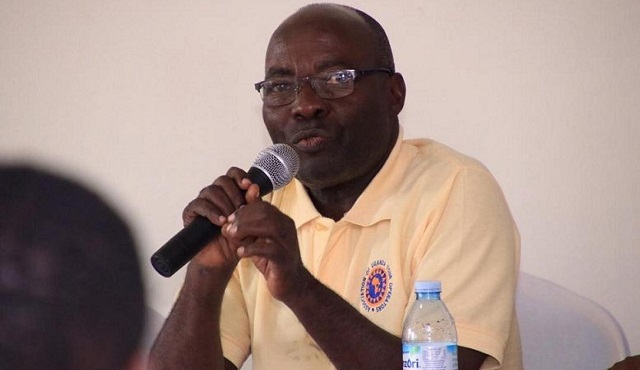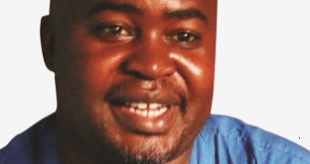
Kampala, Uganda | THE INDEPENDENT | The death of the chairman Kampala City Traders Association (KACITA), Everest Kayondo on June 23rd, 2021, shook many, especially in the business community.
Kayondo’s death came just two days after the demise of the Private Sector Foundation Uganda chief executive, Gideon Badagawa.
The KACITA boss died on Wednesday afternoon at Lifeline International Hospital in Zana, Kampala where he had been admitted since Saturday, with COVID-19 symptoms according to KACITA Chief Executive officer, Abel Mwesigye.
The professional teacher-turned businessman was chairman of St. Henry’s College Kitovu Parents Teachers Association (PTA). He was also the proprietor of Everbased Tours and Travel Ltd based along Burton street in Kampala.
Kayondo, a soft spoken but firm advocate of traders’ rights, together with other business personalities like Issa Sekitto, transformed KACITA from a small traders group in Kampala to one of the formidable workers union-like organisations in the country.
As a tour operator and chairman of the Association of Uganda Tour Operators, Kayondo joined the fight against the proposed building of a power dam at Murchison Falls National Park in 2019.
Following sustained voices in and outside Uganda, the government backed down and instead asked the South African investor to study the nearby Uhuru falls.
In 2017, the influx of small traders mainly from China prompted the traders to protest on the streets of Kampala. Kayondo said it didn’t make business sense for Uganda to allow foreigners open retail outlets in Kampala for factories based in China. He fought for the establishment of locally owned commercial banks to cater for the business interests of the local business community, including the charging of high interest rates.
He reasoned that local commercial banks could easily be directed by the government to adjust operational policies, even if the laws provided for a free economy. Kayondo refused to support the proposed government bailouts to businesses that were under distress during the mid 2010’s.
Instead, he urged the government to clear it’s arrears to the private sector suppliers who were owed in excess of Shs 4 trillion. He said this would go a long way if cleared even in phases. Government debt to the private sector has since risen to Shs 6 trillion.
Kayondo represented the business community on many fora and advocacy debates that involve leaders like the ministers of finance and trade, bank executives and others.
Traders hailed him for getting politics out of the traders issues, which has helped the community make some achievements.
It is reported that Kayondo started out in the late 1980’s with savings he had made as a teacher at Masala Secondary School and from other activities related to his work.
He started off as a petty trader in Masaka, operating a market stall for different items for home and personal use and later grew to own a kiosk. By 1995, he had grown his shop business big enough to convince him that he could do business in Kampala.
He leaves a wife and two adult children.
*****
URN
 The Independent Uganda: You get the Truth we Pay the Price
The Independent Uganda: You get the Truth we Pay the Price



